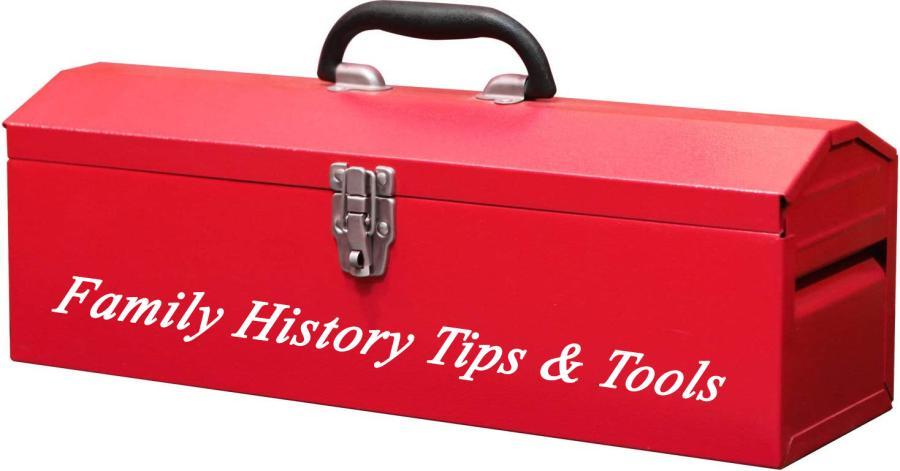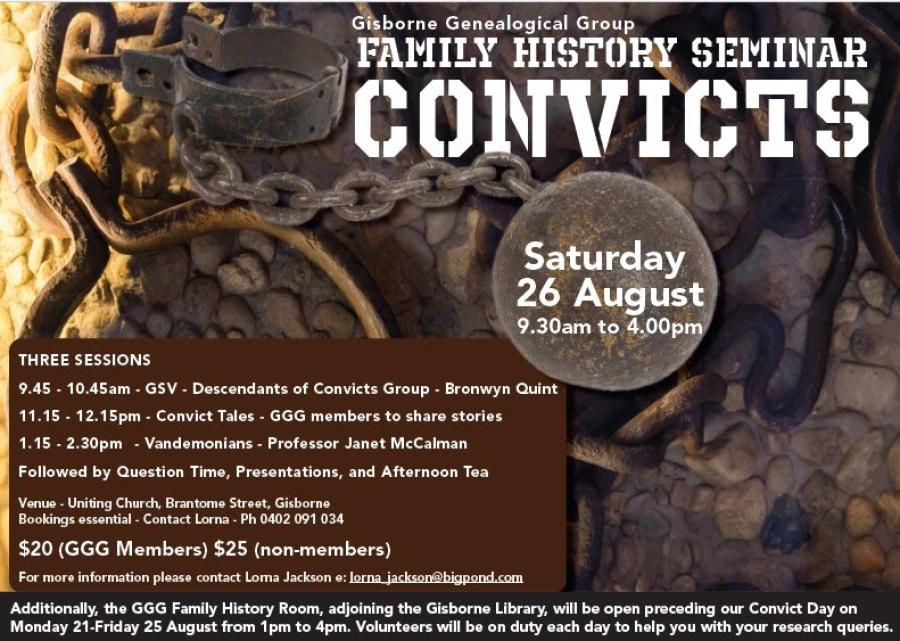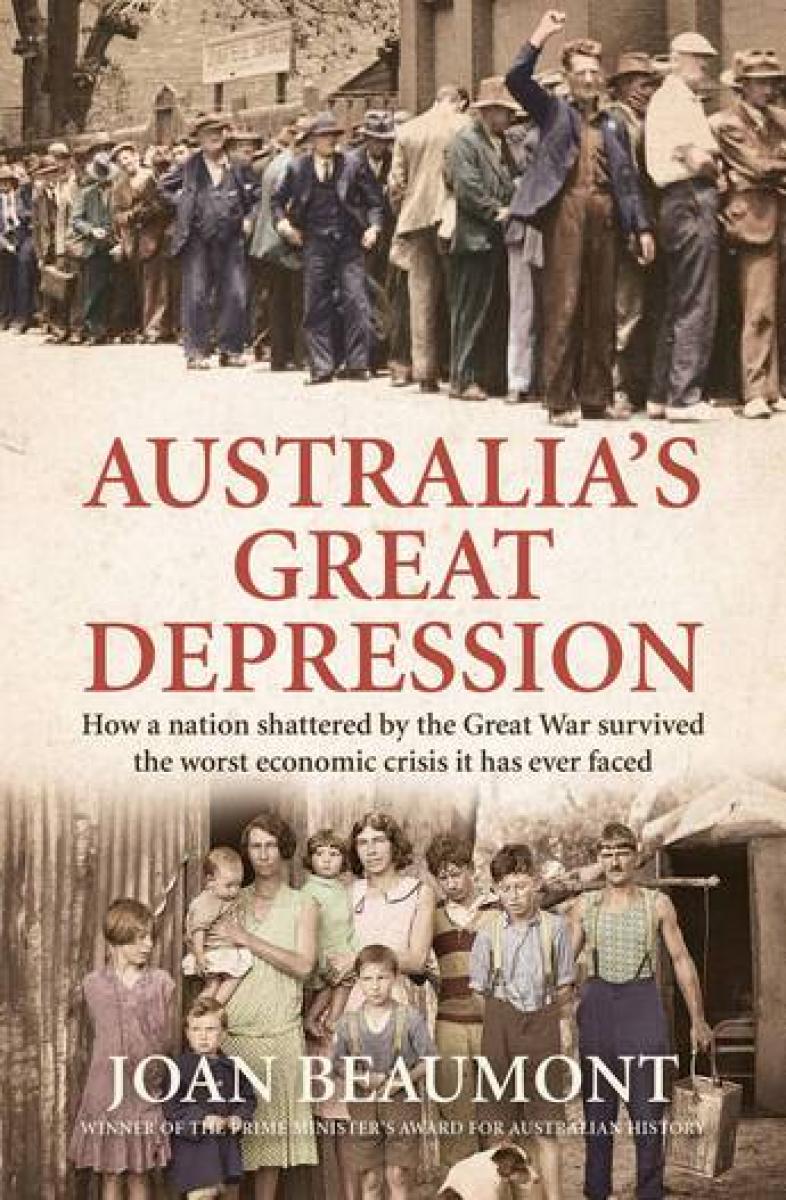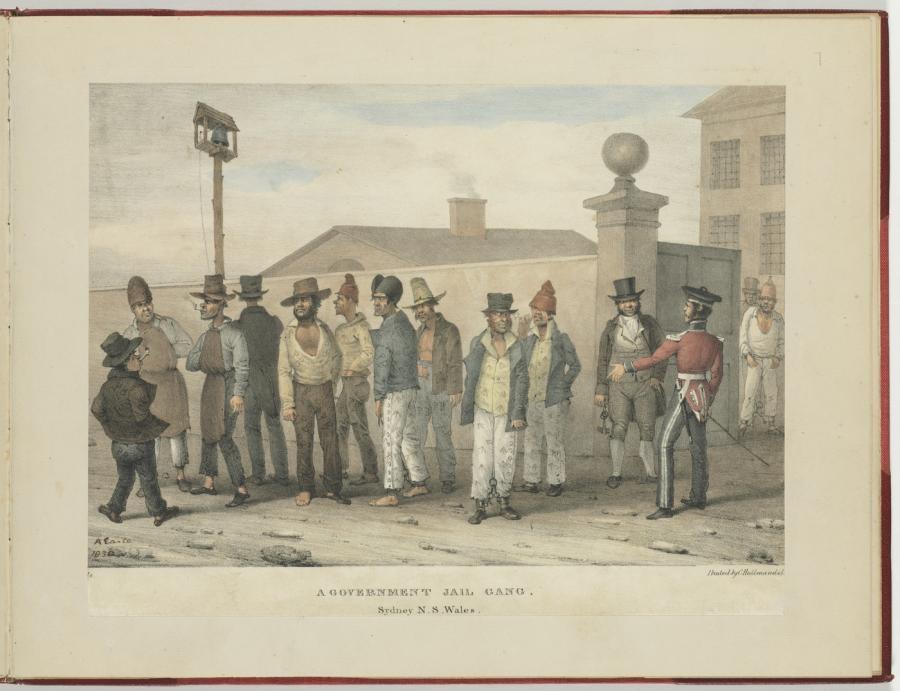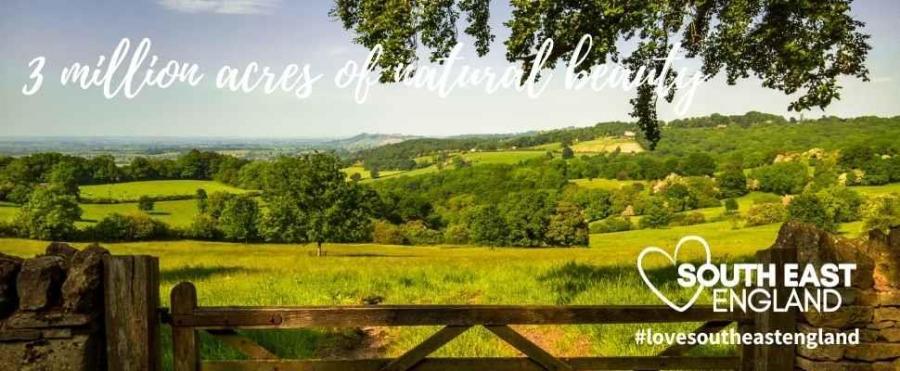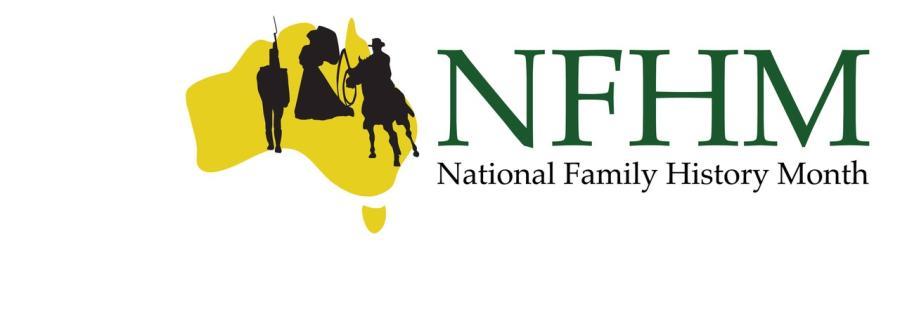Your Society Needs You!
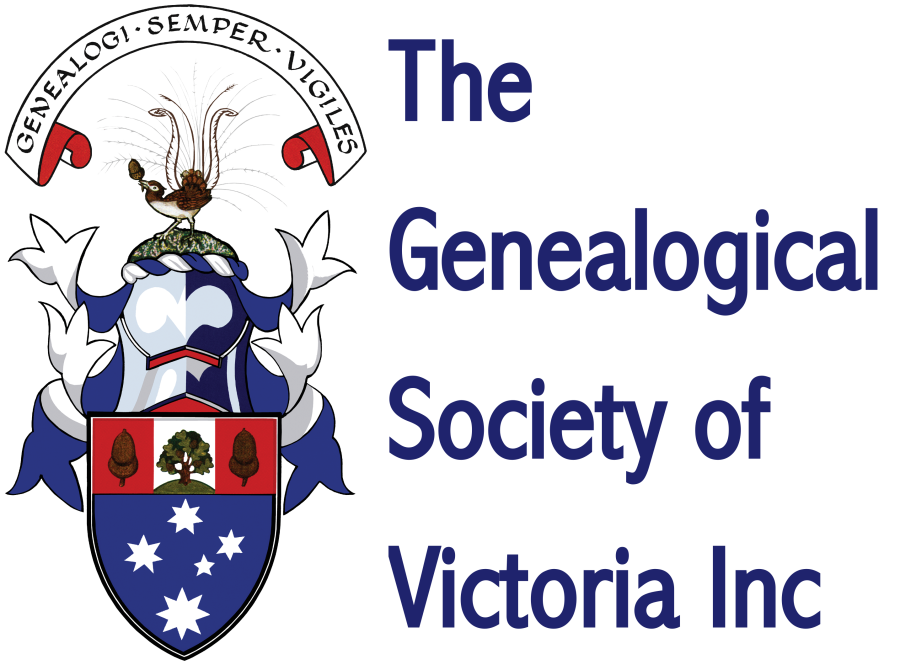
The Annual General Meeting will be held on Saturday 7th October at 2pm, and we hope to see as many of our members as we can accommodate. Included on the agenda are the awarding of the GSV Writing Prize (with a report from the judges) and a nomination for the award of a GSV Fellowship, the Society’s highest honour.
We still have a couple of Council vacancies that we hope to fill, so nominations will be taken ‘from the floor’. This could be your chance to become involved.
In particular, we are looking for a member to join Council as Honorary Secretary for the Society. If you have experience in the role of Secretary for another society, club or company, we'd love to hear from you.
The GSV's Annual Report and Financial Report will be available under the GSV Council tab in the Members area of the website for your information.
Please book online if attending by Zoom, or contact the Society (gsv@gsv.org.au) if you wish to attend in person. For those unable to attend, a form for you to nominate a proxy is available under the GSV Council tab as above.


